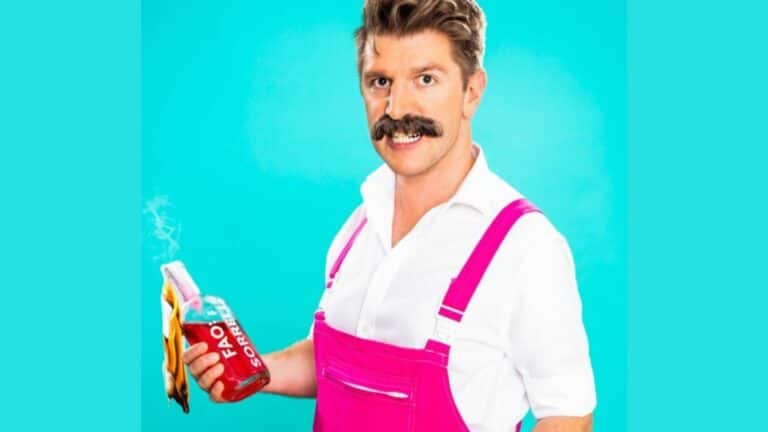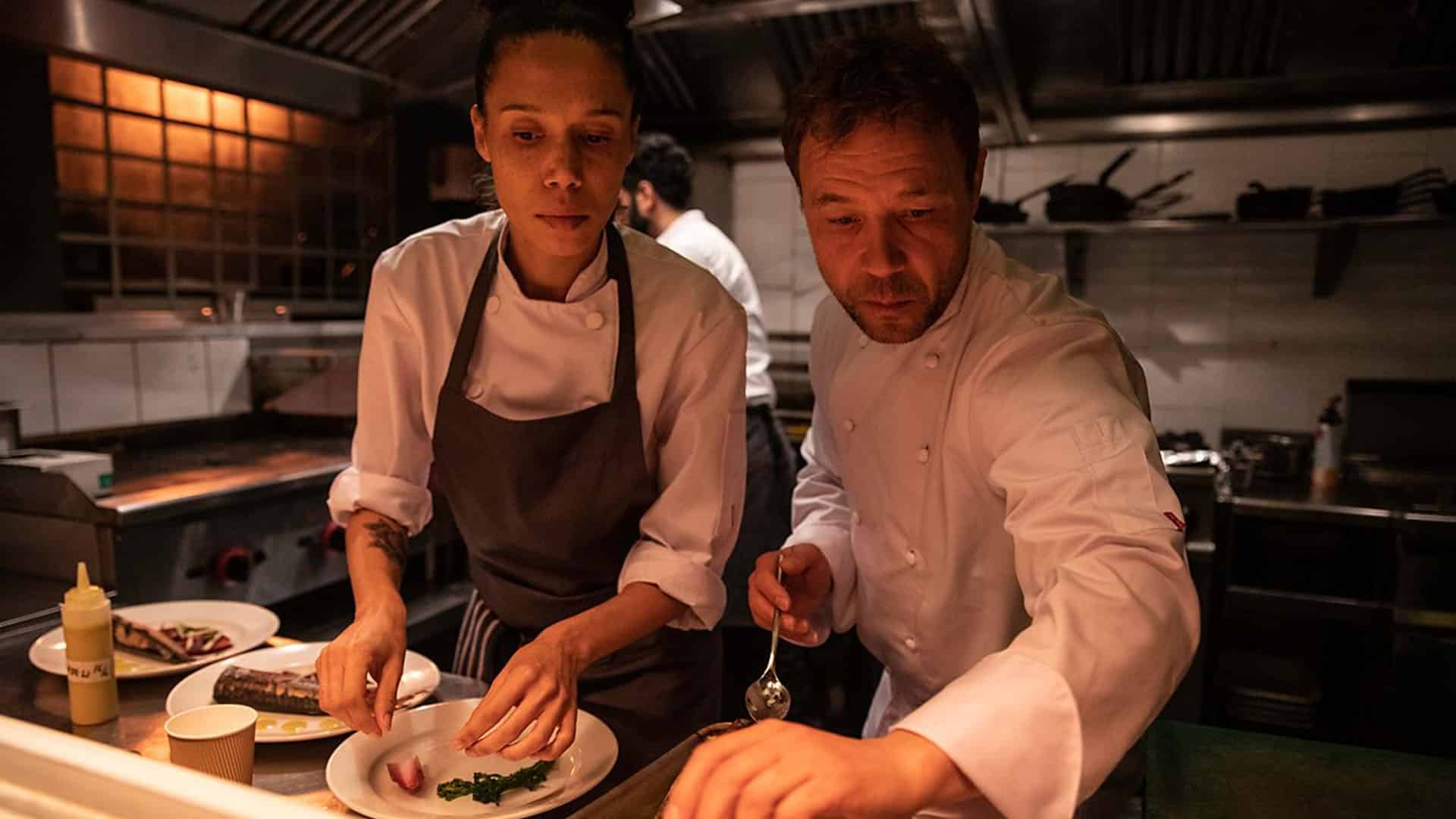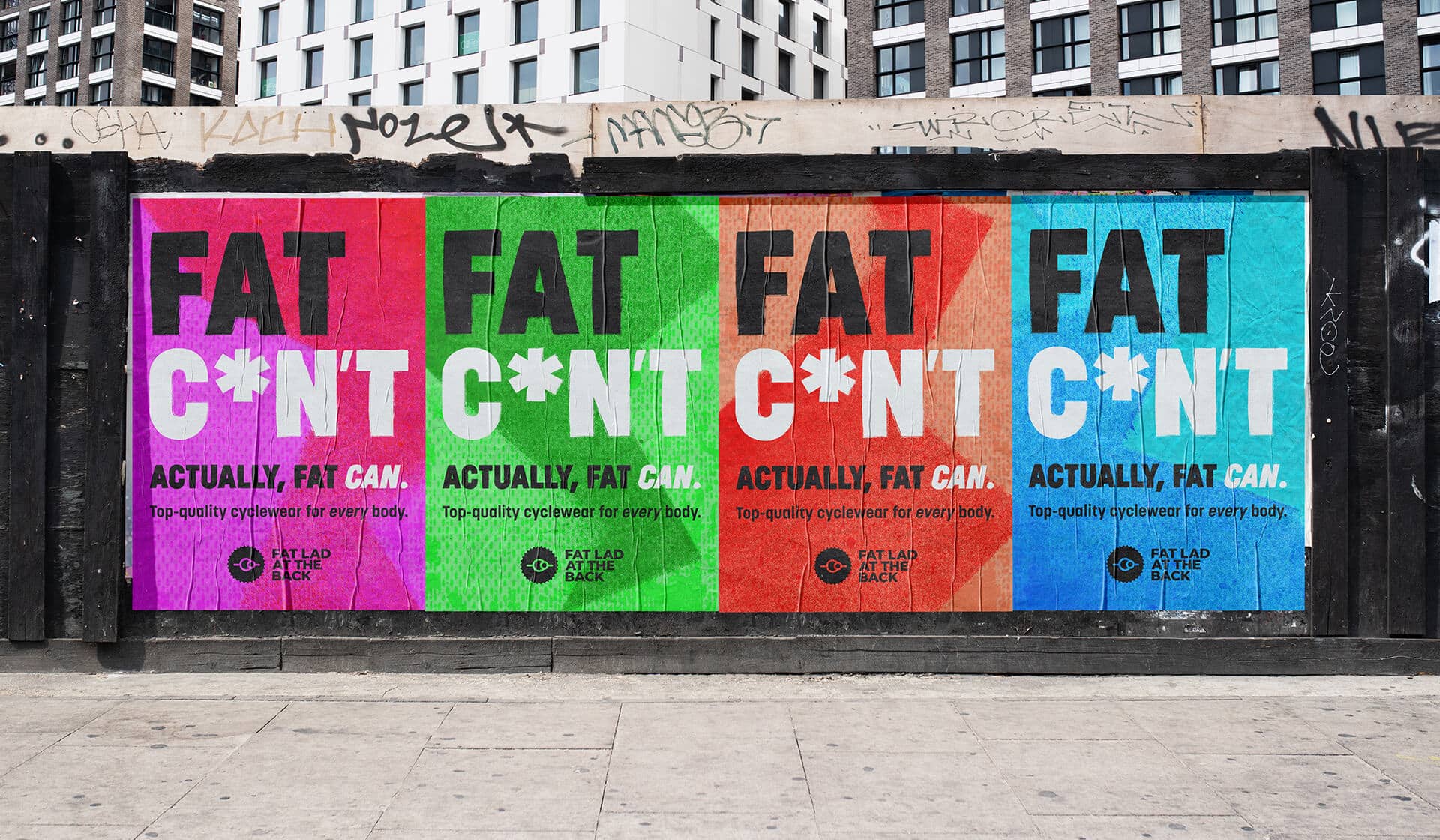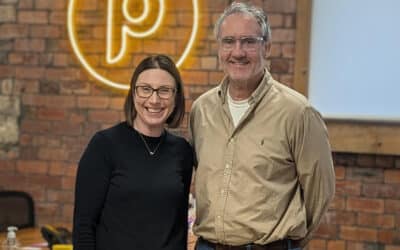As advertising agencies jostle to stand-out in adland, brand and advertising agency Mellor&Smith is making a name for itself.
From banned ads for underdog brands to stirring the pot behind the scenes of Stephen Graham’s acclaimed feature film Boiling Point, the agency’s co-founder and managing director Paul Mellor has a “shtick for being a pain in the arse”.
Mellor became an executive producer on Boiling Point back in 2020, a riveting pressure cooker of a film that perfectly captures the pressures of the hospitality industry. He’s back in his dad’s hometown of Manchester, as filming for the BBC’s new five-part drama series based on the film gears into action at West Gorton’s Space Studios.
As herbs and onions are undoubtedly set to be flung around a restaurant kitchen before he heads on set, Mellor sat down for a brew with Prolific North to tell us how, as an agency owner, he ventured into the film and TV world.
“When I set up Mellor&Smith 14 years ago, I always wanted to make things other than just ads, so the creative intent to make something is indelibly right down in the core DNA of the business,” he said.
“The vast majority of agencies, all they want to do is just the same old, same old. Our whole pitch is the complete opposite to everybody else. This is just one part of that.”
Working with freelancers on a regular basis, he found they were “always moonlighting” by either working on a book or film script. Over the years, he’s looked at many of them, whether they were fully developed or just a synopsis.
“A lot of them are not very good, I have to say,” he joked. “I would always give my opinion based on my take, not with any background in making a film. I felt I was maybe misplaced but I was quite a good judge of what makes a good script and film.”
Angus Henderson, one of his friends and a producer on the film, sent him the Boiling Point script in its early stages to see if he was interested.
“I read the first paragraph, not even the first page and I was like this is f*****g great. I’d said yes by time I’d even got that far down the page. It just jumped out.”
He became executive producer halfway through the pre-production process, with the film being co-produced by Stephen Graham’s own company Matriarch Productions along with Ascendant Fox and Made Up Productions.
“This is where the types of projects that I want to get involved in started to become quite narrow. As an agency, we’re very unlikely to work with a really premium, high luxury value brand. We work with salt of the earth, real proper people type brands,” he asserts.
“I’m interested in real stories about real people, not celebrity or the out-of-reach type stories, so that jumped out from the script, that was one of the things that really drew me to it.”
Although he remains tight-lipped about what fans of the film might see in the new series, the majority of the show will be filmed in and around Manchester over the next three months.













